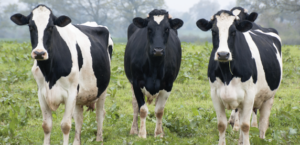New European Parliament legislation on the use of antibiotics in veterinary medicine is a major victory not only for public health but for animal welfare.
Restricting the use of antibiotics on healthy farm animals will oblige farmers will need to implement better farming practices and abandon the factory farming methods where animals are packaged together in unhealthy conditions, said Greens MEP Molly Scott Cato.
“The restrictions on antibiotic use will also challenge the factory farming model where animal suffer appalling conditions and are packed together in unhealthy conditions,” she said.
“Without the routine use of antibiotics, farmers will need to adopt better farming practices that will improve the life of farm animals across the EU. This is a major victory for public health and for animal welfare.”
The new regime is due to come into force by 2022. It introduces a series of restrictions on the use of antibiotics on healthy farm animals in a bid to halt the spread of “superbugs” resistant to medical treatment.
Europe’s animals on average consumer more antibiotics than humans, often via livestock feeds on factory farms, where farmers routinely use them as a prophylactic against the occurrence or spread of disease.
However, this has the knock-on effect with at least 25,000 people dying across Europe every year from antimicrobial-resistant infections. Under the new law, vets will have to provide data on volume and sales of antimicrobial medicines, and imported foods will need to meet EU standards, particularly on growth enhancement.
Other measures in the package will proscribe the use of antibiotics for performance enhancement or to replace poor animal husbandry, and limit the drug treatment of whole groups of animals when only one is infected.
















